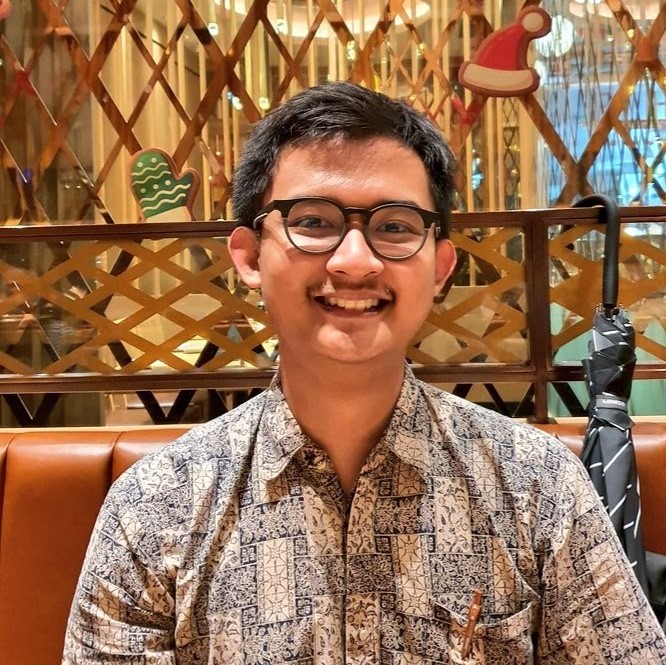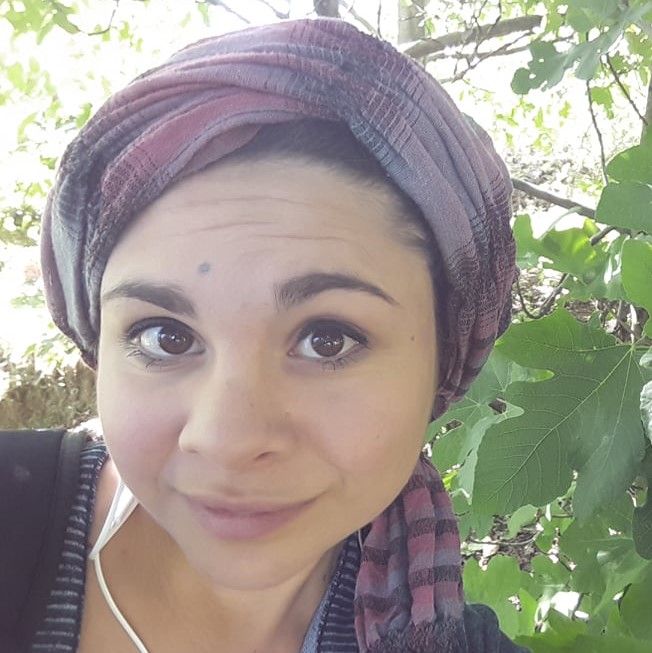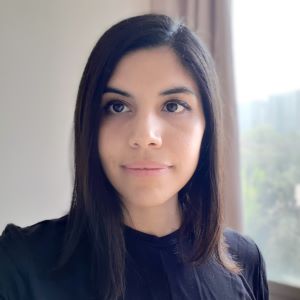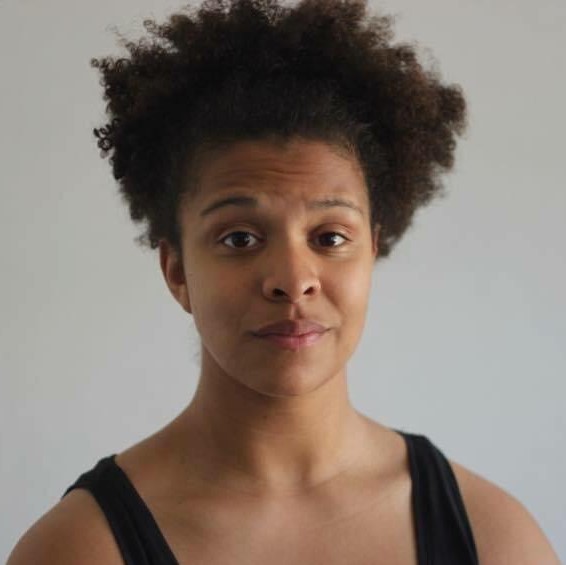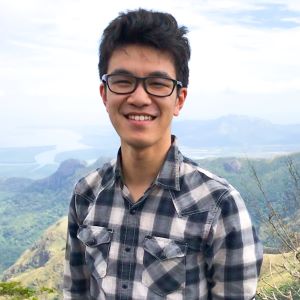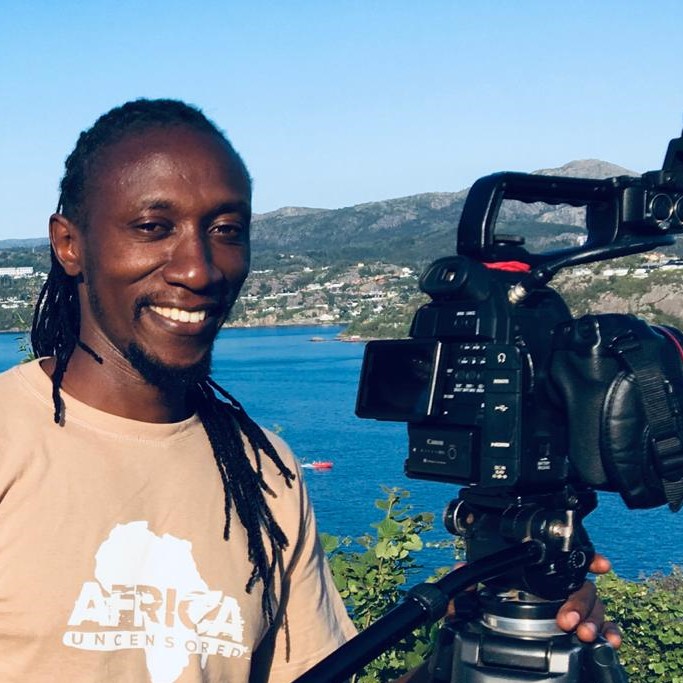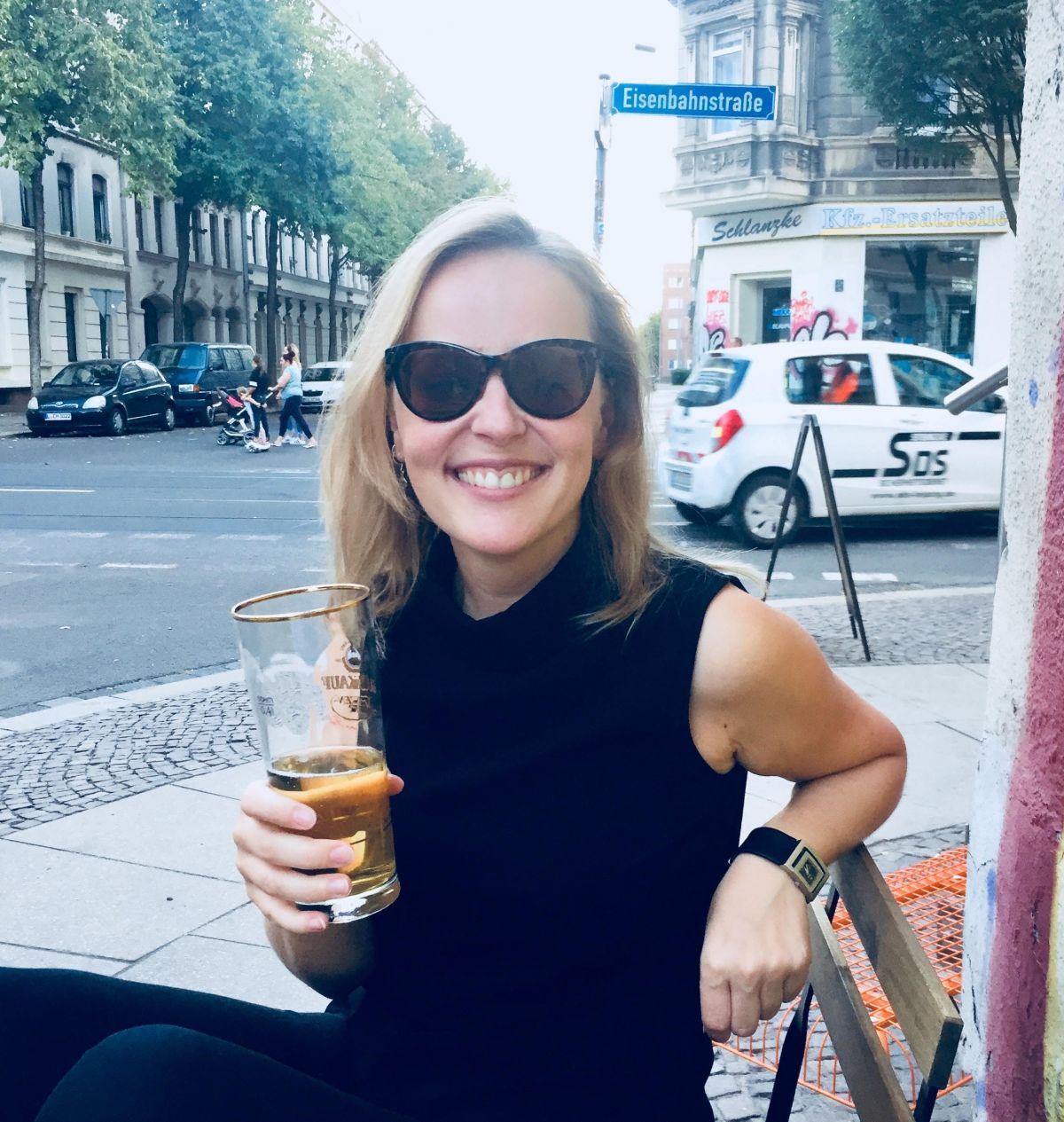El Nacimiento de entender nuestro propio privilegio
Éramos 9 en total, un grupo de personas blancas, norteamericanas y europeas con meros 18 y 19 años. Sin embargo, desde que pusimos pie en la clínica, hubo una suposición casi automática de que éramos más capacitados que los mismos doctores. Yo sabía por qué estaba recibiendo este trato: mi piel blanca y acento americano.
United States, Northern America
Story by Sidra Kennedy. Translated by Melina Gutiérrez Hansen
Published on March 29, 2022.
This story is also available in 




Listen to this story:
Imagínense esto: tienes 18 años y tu nivel de educación más alto es tu título de educación secundaria obligatoria. Odiabas biología, tanto que es el único “suficiente” que sacaste en toda tu educación secundaria. Optaste por no cursar química y en su lugar coger física, el camino menos común. Puedes auto diagnosticarte cuando tienes un resfriado, pero cuando es algo más grave, estás completamente perdido y confundido.
Dicho esto, ¿confiarías en ti mismo lo suficiente como para poner una vacuna? ¿O ayudar a dar a luz a un bebé? Parece imposible que alguien te diese a ti tanto poder, sin tener educación médica alguna. Sin embargo, fue lo que me pasó a mí.
Estaba estudiando el sistema sanitaria público en Ghana durante mi programa de año sabático para recién egresados de educación secundaria con el fin de aprender sobre modos de desarrollo alrededor del mundo. Éramos 9 en total, un grupo de personas blancas, norteamericanas y europeas con meros 18 y 19 años. 3 de nosotros fuimos trasladados a un centro de salud rural en la región Ashanti de Ghana. Se suponía que debíamos hablar con los médicos y observar las actividades diarias. Los pacientes insistían en que cuidásemos de ellos, cosa que en la que insistían los médicos también. Fue chocante: no teníamos ninguna formación médica ni experiencia en el campo, pero fuimos dados muchísima responsabilidad y respeto al mismo tiempo. La suposición automática de que nosotros, meros egresados del instituto, tuviésemos más conocimientos y fuésemos más capacitados en ayudar que los médicos y enfermeros/as que habían completado años de educación centrada solo en la salud, fue simplemente asombroso. Yo sabía por qué estaba recibiendo este trato: mi piel blanca y acento americano. No obstante, no terminaba por entender por qué eso comandaba tanto respeto.
Después de ayudar a una matrona a traer al mundo a un bebé, estaba enfadada conmigo misma. ¿Cómo he podido permitirme hacer algo para lo que yo sabía que no estaba lo suficientemente cualificada? ¿Cómo pude dejarme llevar por esas dañinas ideas de que sólo por ser del occidente automáticamente tenía los conocimientos suficientes para realizar un trabajo tan importante y con tanto prestigio? Fue sorprendente y honestamente doloroso darme cuenta de que yo, una persona liberal con la mente abierta que es consciente de las injusticias causadas por gente teniendo privilegios sobre otros solo por su color de piel, fue absorbida en el disfrute de su propio privilegio. En vez de intentar cambiar de perspectiva, insistiendo en la autoridad de la matrona, yo les seguí el juego y me permití ayudar a dar a luz a un bebé.
Sentí una gran variedad de emociones durante mi tiempo en el centro de salud – sorpresa, sentirme especial, vergüenza- lo cual me dejó muy confusa. Pensé que, si pude dejarme llevar en esto, nunca podría ser capaz de verdaderamente combatir la discriminación mundial. Pero me di cuenta en el proceso de que mis ojos se estaban abriendo a ver cómo el privilegio inmerecido juega un papel importante en la discriminación, haciendo parecer que la persona con el privilegio inmerecido está “por encima” de los demás. Eliminar la discriminación es un proceso dividido en dos partes: primero, obviamente, está terminar la discriminación allá donde suceda. Segundo, y menos obvio, es darse cuenta y contradecir el privilegio inmerecido que tengo, porque al final es lo que conlleva a la discriminación en sí misma.
How does this story make you feel?
Follow-up
Do you have any questions after reading this story? Do you want to follow-up on what you've just read? Get in touch with our team to learn more! Send an email to [email protected].
Talk about this Story
Please enable cookies to view the comments powered by Disqus.
Subscribe to our Monthly Newsletter
Stay up to date with new stories on Correspondents of the World by subscribing to our monthly newsletter:
Other Stories in Español
Explore other Topics
Get involved
At Correspondents of the World, we want to contribute to a better understanding of one another in a world that seems to get smaller by the day - but somehow neglects to bring people closer together as well. We think that one of the most frequent reasons for misunderstanding and unnecessarily heated debates is that we don't really understand how each of us is affected differently by global issues.
Our aim is to change that with every personal story we share.
Community Worldwide
Correspondents of the World is not just this website, but also a great community of people from all over the world. While face-to-face meetings are difficult at the moment, our Facebook Community Group is THE place to be to meet other people invested in Correspondents of the World. We are currently running a series of online-tea talks to get to know each other better.












